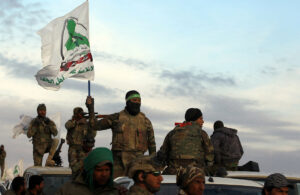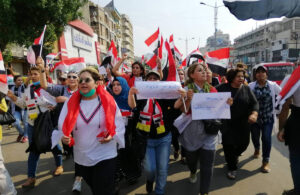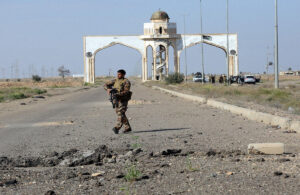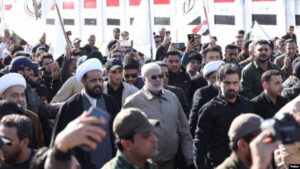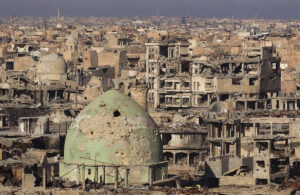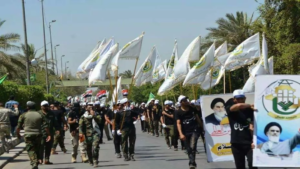
The fall of Mosul in 2014 was a significant blow to the Iraqi government and its efforts to stabilize the country after years of conflict. The city was overrun by ISIS fighters, who quickly took control of the city and established it as their headquarters in Iraq. While many factors contributed to the fall of Mosul, one of the most significant was the actions of Nouri al-Maliki, the former Prime Minister of Iraq.
Al-Maliki was Prime Minister of Iraq from 2006 to 2014, a period that saw significant instability in the country. During his time in office, he pursued policies that many believe contributed to the sectarian divide in Iraq and exacerbated tensions between the Sunni and Shia communities. This sectarian divide was one of the key factors that allowed ISIS to gain a foothold in Iraq, and the fall of Mosul was a direct result of this.
One of the most significant problems with al-Maliki’s policies was his treatment of the Sunni community in Iraq. Al-Maliki’s government was dominated by Shia politicians, and he was accused of marginalizing the Sunni population. This included the arrest and detention of Sunni political leaders and the use of force against Sunni demonstrators. This alienation of the Sunni community created a breeding ground for radical groups like ISIS, who were able to take advantage of the grievances of the Sunni population.
Al-Maliki’s policies also weakened the Iraqi military, which was ill-equipped and poorly trained to deal with the threat posed by ISIS. Al-Maliki’s government had purged many experienced military leaders, who were seen as a threat to his hold on power. This left the military without the leadership it needed to counter the threat posed by ISIS. In addition, al-Maliki had cut the military budget, leaving the military without the resources it needed to defend the country.
When ISIS began its offensive in Iraq in 2014, the Iraqi military was unable to stop it. In Mosul, the military was outmatched and outgunned by ISIS fighters, who quickly took control of the city. The fall of Mosul was a significant blow to the Iraqi government and its efforts to stabilize the country. It also had wider implications, as ISIS was able to establish itself as a major threat to regional stability.
In conclusion, the fall of Mosul was a significant event in the ongoing conflict in Iraq, and one that was caused in part by the policies of Nouri al-Maliki. His sectarian policies and treatment of the Sunni community created the conditions for radical groups like ISIS to gain a foothold in Iraq. In addition, his weakening of the military left the country vulnerable to attack. While there were other factors that contributed to the fall of Mosul, al-Maliki’s policies played a significant role. The lessons of the fall of Mosul must be learned if Iraq is to achieve stability and security in the years ahead.

